Two of Bournemouth University’s researchers – Dr Sue Sudbury and Dr Roman Gerodimos – have been shortlisted for the Arts and Humanities Research Council’s Research in Film Awards. The awards are designed to reward and recognise the best of the year’s high quality short films linked to arts and humanities research.
The films selected for the shortlist cover a wide range of topics, from landscape and environmental change to capital punishment, people trafficking and poverty. Some have been developed as a means of disseminating results, while others are forms of practice-based research or records of research undertaken.
Village Tales
Dr Sue Sudbury, a Senior Lecturer in Television and Film Production, has been shortlisted for the Innovation Award for her film Village Tales. Her work tells the story of a group of women in rural India, who have been trained as video reporters as a means of giving women a voice.
Dr Sudbury explains, “Participatory visual research methods are increasingly being used as a way of generating new forms of knowledge and challenging the power differential between the researcher and ‘the researched’. I worked with a group of women in rural India who were being trained by the Indian government as video reporters, giving a voice to women.”
“In ‘Village Tales’, I used observational documentary techniques to film the women as they made their own film and to discover how this Indian government project was changing their lives. However, I also asked four of them if they would use their cameras to film their everyday lives and developed the use of video diary interviews to access the women’s thoughts and feelings.”
“My intention was to locate the ‘third voice’, which is found in participatory research by combining the ethnographer’s view and the subject’s contributions. Through this layering of footage from our different cameras, the audience is given a unique insight into the lives of women in rural India today.”
At the Edge of the Present
Dr Roman Gerodimos, a Principal Academic in Global Current Affairs, has been shortlisted for the Utopia Award: Imagining Our Futures, for his film At the Edge of the Present. The film seeks to understand how we engage with the urban landscape and with each other in public space, and how we can facilitate coexistence in increasingly diverse and dynamic urban communities.
“At the Edge of the Present looks at how we experience the city. It has three acts – Tribes, Lights, and Time – breaking down the concept of a city, looking at its core elements, and what you get is its building blocks. It’s the passage of time, a diversity of people coming together, the creation of identity and community, with boundaries of exclusion and inclusion”, says Dr Gerodimos. The film combines interviews with architects and public space experts, personal reflections and visual material from over 20 cities in Europe and the United States. It is narrated by actor Sam Booth.
“The film is not conventional – we didn’t start with a script and then look for locations; it was completely the other way around! I started with the visuals, ideas and concepts and then built the script around that. You could almost compare the process to sculpting – you realise what it is you want to do and then you dig down through the material until you reach a point where you finally feel you’ve materialised your vision.”
 nd Leisure Education and Research) annual conference which took place in the historic town of Canterbury, between 13-16 September, on “Tourism, Lifestyles and Locations”.
nd Leisure Education and Research) annual conference which took place in the historic town of Canterbury, between 13-16 September, on “Tourism, Lifestyles and Locations”.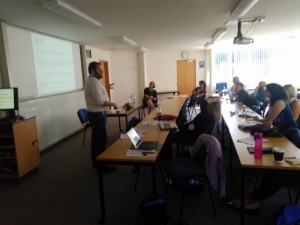
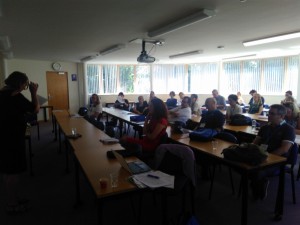


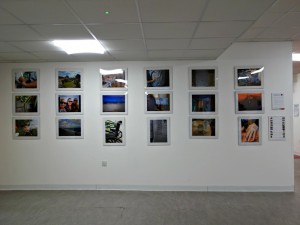 From 12 September, the Centre for Excellence in Learning (CEL) is holding a photo exhibition in Poole House, next to the Cash Office. This exhibition is part of the ‘Students who bounce back’ project, a study funded by Bournemouth University’s Fair Access Agreement Management Group. The study is being conducted by researchers at CEL, in co-production with student carers*.
From 12 September, the Centre for Excellence in Learning (CEL) is holding a photo exhibition in Poole House, next to the Cash Office. This exhibition is part of the ‘Students who bounce back’ project, a study funded by Bournemouth University’s Fair Access Agreement Management Group. The study is being conducted by researchers at CEL, in co-production with student carers*. Public Health England has launched a
Public Health England has launched a 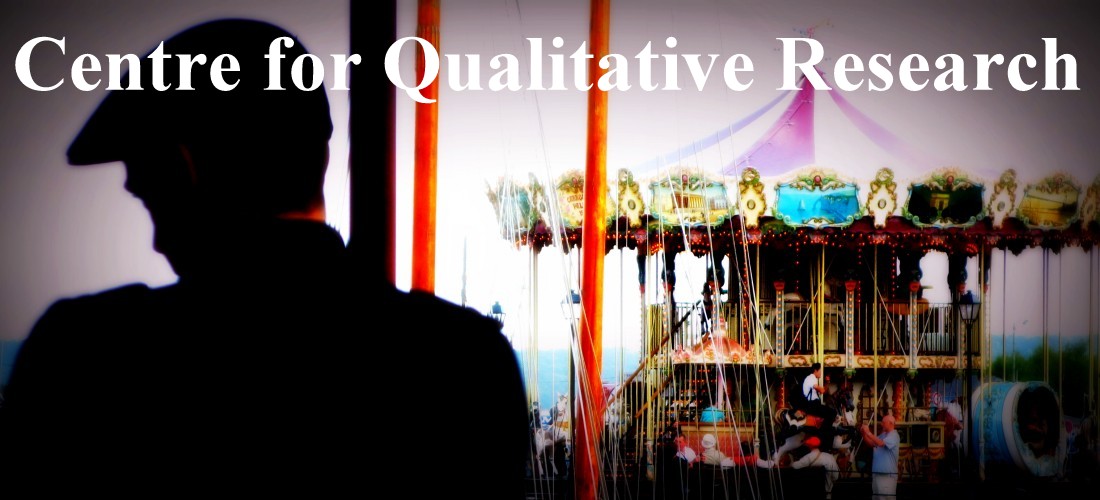 The Centre for Qualitative Research is kicking off its new seminar series on
The Centre for Qualitative Research is kicking off its new seminar series on 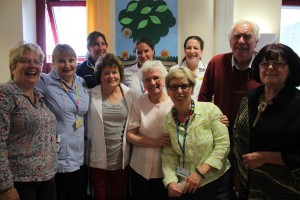 BU researchers
BU researchers 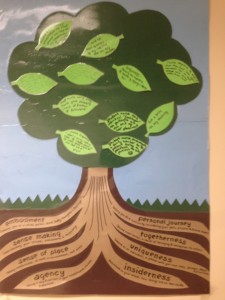 ice, Brighton University) the research team explored experiences of both stroke service users and providers in relation to a conceptual framework of humanising care. This framework, described in a seminal paper by Todres et al (2009) describes eight interacting dimensions that help capture the depth and breadth of being treated as human within complex, busy healthcare systems. The work is part of a larger study led by Professor Kate Galvin. A second site in Yorkshire worked with service users and NHS providers in a Dermatology out-patient department in order to look at the transferable aspects of humanisation theory and learning.
ice, Brighton University) the research team explored experiences of both stroke service users and providers in relation to a conceptual framework of humanising care. This framework, described in a seminal paper by Todres et al (2009) describes eight interacting dimensions that help capture the depth and breadth of being treated as human within complex, busy healthcare systems. The work is part of a larger study led by Professor Kate Galvin. A second site in Yorkshire worked with service users and NHS providers in a Dermatology out-patient department in order to look at the transferable aspects of humanisation theory and learning.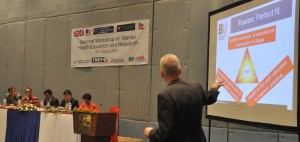
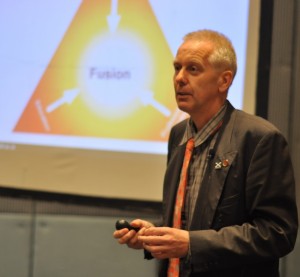


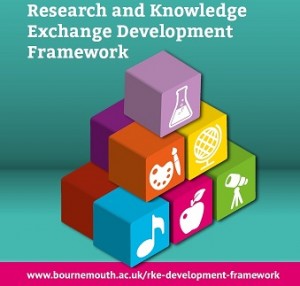
 Congratulations to Dr. Pramod Regmi as the lead author of the paper ‘
Congratulations to Dr. Pramod Regmi as the lead author of the paper ‘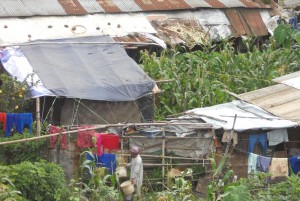
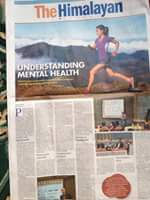
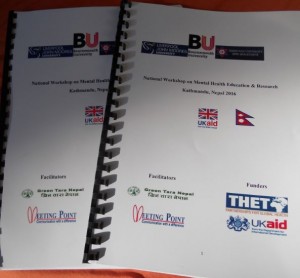
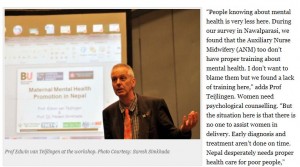
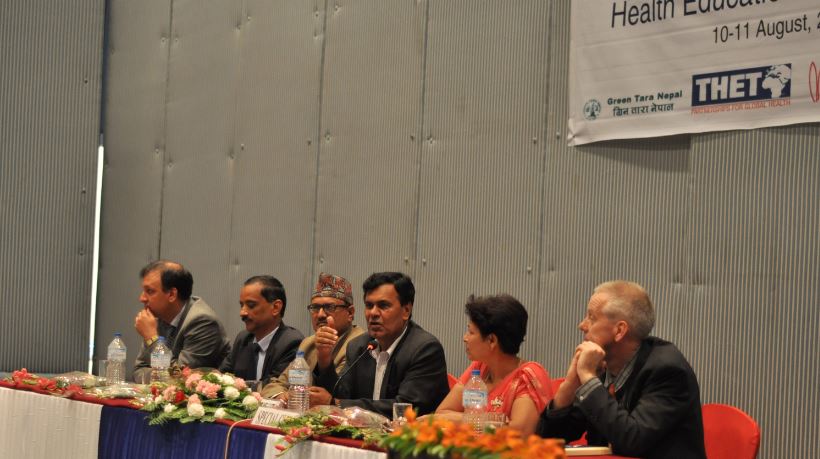











 Upcoming opportunities for PGRs – collaborate externally
Upcoming opportunities for PGRs – collaborate externally BU involved in new MRF dissemination grant
BU involved in new MRF dissemination grant New COVID-19 publication
New COVID-19 publication MSCA Postdoctoral Fellowships 2024
MSCA Postdoctoral Fellowships 2024 Horizon Europe News – December 2023
Horizon Europe News – December 2023